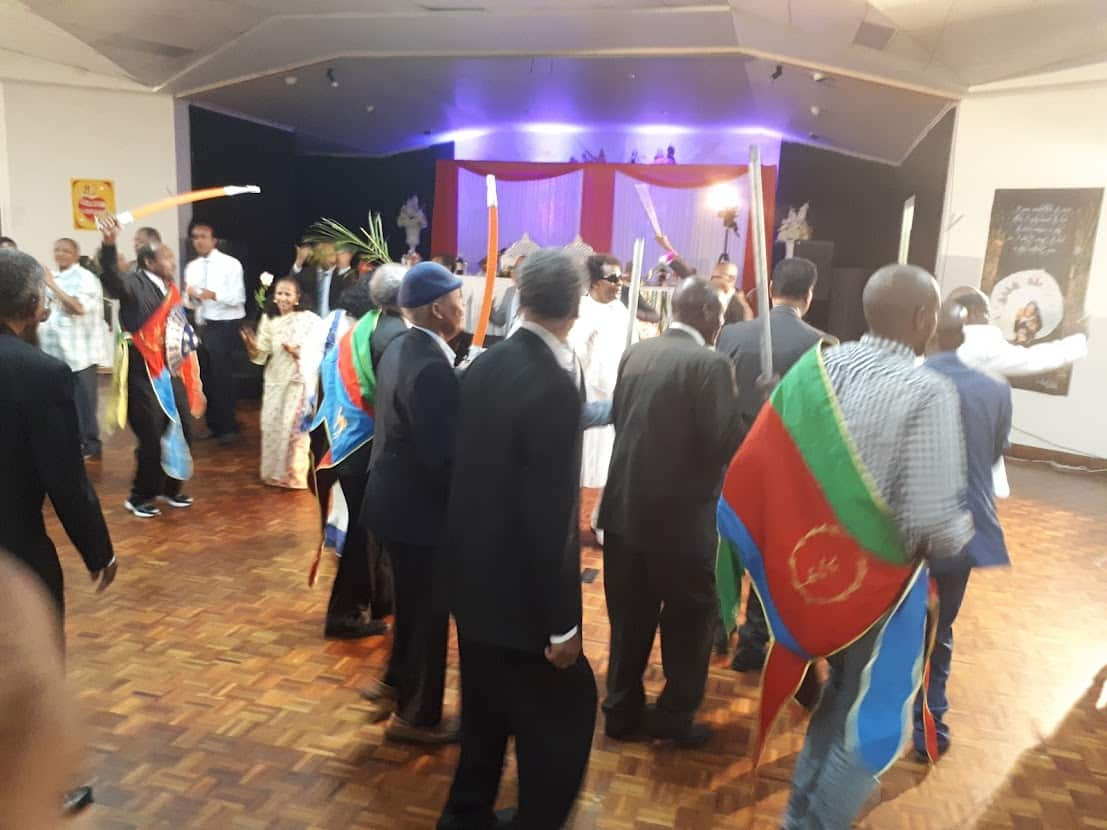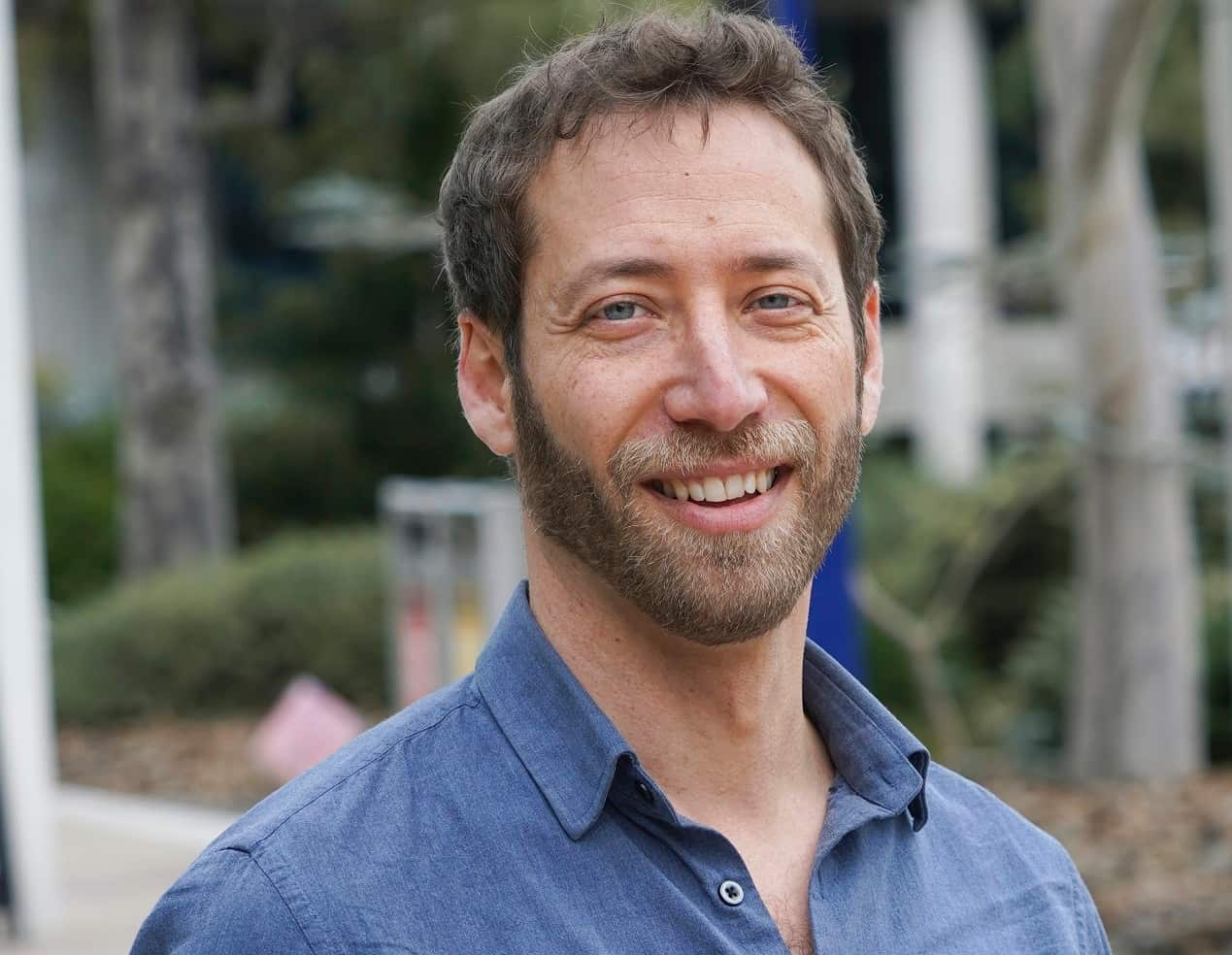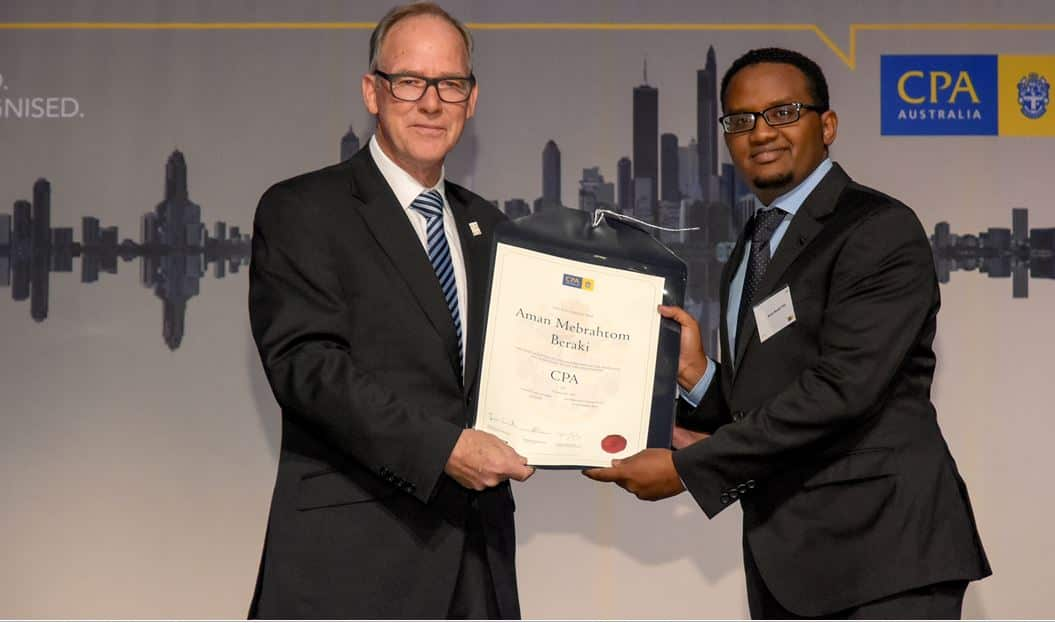“Because of the accent, we cannot get those kinds of jobs, so we better not apply for such jobs,” this is one of the observations from an Eritrean immigrant in Melbourne featured in a study by Dr Jehonathan Ben from Deakin University looking at challenges Eritrean professionals face in finding jobs and ways to tackle them.
Part of the study deals with how discrimination is perceived by Eritreans in Australia - in particular, highly educated migrants, most having lived in Australia for more than five years and with Australian degrees.
Data from the Australian Bureau of Statistics from 2016 shows there were just over 4,300 people born in Eritrea living in Australia. Even though their migration began 50 years ago, “the Eritrean community is still considered as an emerging community in Australia," according to Dr Amanuel Elias, a researcher at Deakin University.
"They are in the stage of finding themselves in Australia. People are navigating where to live, which job they want to secure, and what kind of business to establish.”

The study of 18 Melbourne-based participants, by Dr Ben, found various reported incidents that could qualify as motivated by negative sentiments specifically against people with a Muslim background, black and/or foreign.
While acknowledging that discrimination existed generally, people with whom Dr Ben spoke tended to minimise its place in their lives, presenting it as “manageable and reformable”.
Perceptions of discrimination in the Eritrean community
“People I spoke with approached discrimination practically, and treated it as a given which was to be expected in Australia as elsewhere,” he told SBS Tigrinya, and he tried to answer the question of ‘why the supposed victims of discrimination downplay discrimination?’
The perception of discrimination in workplaces by Eritreans differed from one person to another in the study.
Ben explains how some Eritreans in Melbourne perceive discrimination and downplay it.
Some people may not experience discrimination personally, he says, but they are aware that it happened to others and this can shape their decisions on what kind of job to apply for.

“Some people are reserved in applying for certain jobs because they generally expect discrimination that might be a factor in the kind of decision surrounding working in certain jobs that require a more Australian accent," he says.
"So, in that case, it is an example of how discrimination may not be personally experienced by some people, but at the same time, people are aware that discrimination is occurring to other people. So, this is structural discrimination that people may or may not have experienced.”
Another study conducted with one group of Eritreans indicated that they are really reporting discrimination far less than any other groups. I found that interesting.
A few in the study, especially those who are Muslim, said they did experience Islamophobia, with some trying to change their names in their CVs in order to secure a job.
Because of this downplaying, unlike some other migrant groups, discrimination is often not an issue reported by Eritreans.
“Some indications from other researchers are that other groups of migrants are reporting discrimination quite frequently, and another study conducted with one group of Eritreans indicated that they are really reporting discrimination far less than any other groups. I found that interesting,” Dr Ben says.
Reasons for downplaying discrimination
Ben found several reasons that exist for denying, dismissing or minimising discrimination among Eritreans:
Not being able to read people’s faces in Australia:
“People said that it's easy to know whether people were happy with them or not in Eritrea. Also, the definition of discrimination and racism back from Eritrea were as something malicious- bad people will do it in your face and you will know easily. But here, it's difficult to know what's in the mind of people from their faces.
People also compare things with the difficulties they have been through.
A paragraph from the thesis reads as follows: "Whatever negativities were met in Australia, they were usually viewed as minor and negligible - even laughable or pitiful to some - compared with the hardships and horrors of ‘what we’ve fled, as several people described Eritreans’ recent histories of survival".
Discrimination not considered a serious problem to report:
As migrants, comparing discrimination they've faced outside Australia - the bad things they have passed through - Australian discrimination might be vindicated in their eyes. And some people said ‘this is something petty, why would you even report that”.
Another factor to consider was Eritreans' perceptions of historical forms of racism under Italian colonialism and other occupiers of Eritrea which also shaped their thinking.
'This is something petty, why would you even report that?'
Image
'Generous people who have accepted us here'
Dr Ben says another factor in downplaying discrimination has to do with gratitude that a lot of people have felt towards Australians and Australian society.
'These are really generous people who have accepted us here and what sense will it make to report any complaint. If Australians want, they can do anything after letting us in.'
The study concluded that the ‘supposed victims’ of discrimination hardly saw themselves as victims at all. They objected and distanced themselves from narratives of victimhood through highlighting personal responsibility and abilities for action and change they prescribed to themselves and others, thus resisting discourses about migrants as agentless victims without control over their lives.
Work Challenges
Lack of Australian work experience
“I found that a lack of Australian work experience was used as a quiet mechanism for excluding them from their profession," says Ben.
"If we look broadly at the consequences of that, it pushes them to take on other jobs, pushes them into phases of unemployment. In some cases, they get a local degree, but local experience is the main hindrance for educated Eritreans to get professional jobs.”
A lack of recognition of degrees from other countries also plays a role.
Aman Mebrahtom migrated to Australia in 2013 after graduating with a bachelor's degree in accounting while in Eritrea.
“I finished my master's degree here in Australia, but it was not enough to help me get a job in my profession, you need to have local work experience,” he told SBS Tigrinya.
Local experience is the main hindrance for educated Eritreans to get professional jobs.
Aman then went to a local tax accounting firm, HR Block to gain work experience which helped him get a job at ANZ bank. He has now opened his own tax agency office in Footscray.

A lack of self-promotion
'Culturally they don’t sell themselves enough', was an observation by one of the participants. "Eritreans are generally not self-praising or self-promoting”.
Eritrean participants in the study espoused meritocratic values - the idea that hard-working, talented individuals can progress and succeed where opportunities are equal and plentiful. They suggested that whatever discrimination existed, those who worked very hard were bound to succeed.
According to the participants in the study, people try to put less attention on discrimination and focus on working hard.
“Some people expressed that they try to move on as best as they can, practically acknowledging the playing field is not equal for everyone, and trying to move on and discourage other people from reporting discrimination.”

